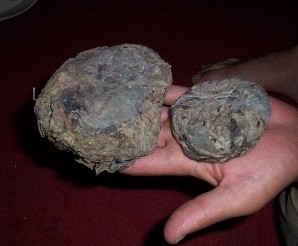Ancient Iraq is the source of some of the earliest written accounts of opium poppy production. As far as 5,000 years back, the plant known to the ancient Sumerians as Hul Gil, the "joy plant," was cultivated in the fertile plains of Mesopotamia. Now, according to the London newspaper The Independent, opium production is once again underway in Iraq.

While concern has been rising since the US invasion in 2003 about Iraq's role as a conduit in the international drug trade, particularly the distribution of Afghan heroin smuggled through Iran, into Iraq, and thence to wealthy Middle Eastern and Western European markets, the apparent turn toward poppy cultivation in Diwaniya is a first.
The reported poppy planting comes amidst increasing, if largely unreported, conflict in southern Iraq between the Mehdi Army of firebrand cleric Muqtada al-Sadr and the Badr Organization, the armed wing of Supreme Islamic Iraqi Council. At least one source told The Independent that the current fighting in the south started over control of opium production, but has since spread into a general turf war.
This work by StoptheDrugWar.org is licensed under Creative Commons Attribution-ShareAlike 4.0 International
Comments
The US Government At Work
Boldly creating problems where none existed before!
poop
poop
poopy
poopy
Add new comment